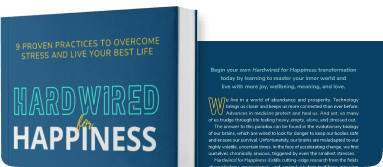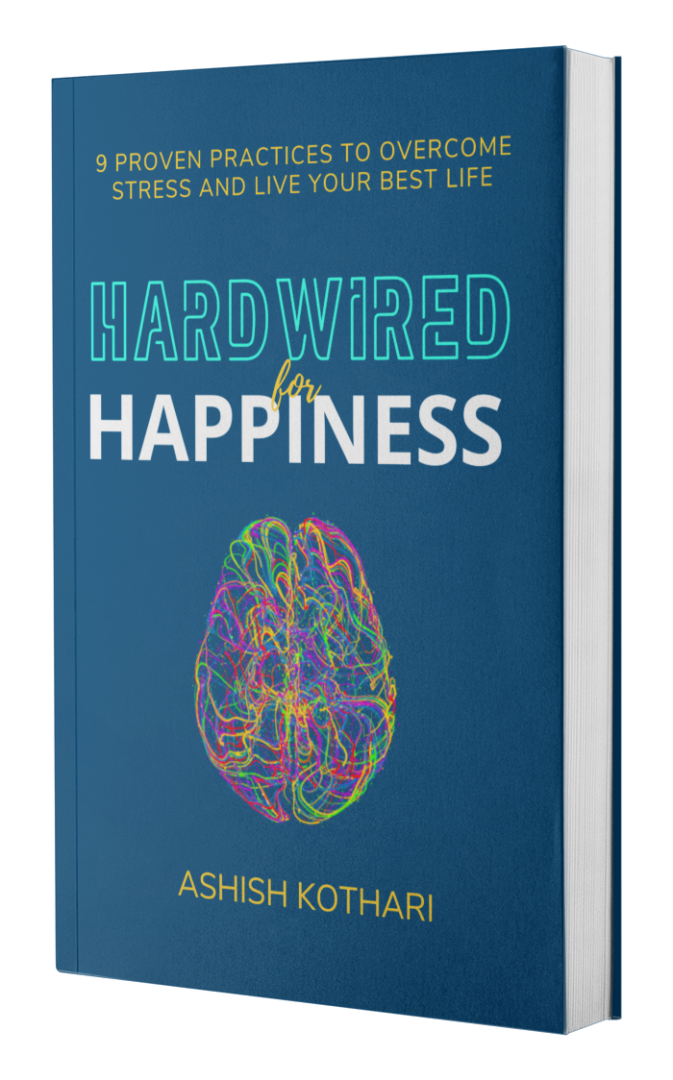The Illusion of Efficiency: Why Multitasking and Back-to-Back Meetings Are Failing You

Stress, anxiety, burnout, and languishing. We often tell ourselves that these habits are the cost of getting things done, but are they really helping us thrive? They all seem normal, but they could very well be sabotaging our own happiness and well-being.
In this article, we’ll unpack the hidden costs of multitasking, the relentless need to stay connected, and the back-to-back meetings that leave us no room for rest. We’ll understand why we’ve fallen into these unhappiness habits, and explore better ways forward.
Debunking the Multitasking Myth
Multitasking doesn’t make us more productive. Most of us aren’t actually multitasking—we’re context-switching, and it’s draining. Each time we switch tasks, our brain unloads one thing, reloads another, and starts over, consuming precious energy.
Research reveals that multitasking results to 40% less productivity and higher stress levels.
So instead of juggling everything at once, let’s focus on working smarter—by tapping into a state of flow.
Flow, a concept introduced by psychologist Mihaly Csikszentmihalyi, is the state of being fully immersed in a single activity. In flow, time seems to stand still, focus sharpens, and creativity peaks. Working in flow is about doing work with a presence of mind, purpose, and intention. Here’s how to cultivate it:
- Eliminate distractions: Turn off notifications, clear your workspace, and create an environment for deep focus.
- Plan focus blocks: Dedicate 60-90 minutes to one meaningful task—no interruptions.
- Use the Pomodoro method: Break work into 25-minute intervals, followed by short rests, to maintain energy and focus.
- Train with mindfulness: Regular mindfulness practices improve your ability to stay present and enter flow more easily.
When we’re fully present in what we’re doing, our productivity, creativity, and happiness rise.
Breaking Free from the Need to Always Be On
In today’s digital era, many of us feel the pressure to stay constantly “on.” This issue is particularly prevalent in the U.S., where we work some of the longest hours globally. Whether it’s checking emails during vacations, taking work calls at dinner, or feeling anxious even in the shower, this constant connection takes a serious toll on our overall well-being.

The impact is clear. A 2021 study by the World Health Organization and International Labor Organization found that working over 55 hours a week increases the risk of stroke by 35% and heart disease by 17%. Stories of overwork-related deaths in countries like Japan and India are stark reminders of the dangers of this lifestyle.
Why do we push ourselves like this? It often stems from a need to please others, a deep-rooted human desire to belong and avoid conflict. The short-term validation of being seen as hardworking often outweighs concerns about long-term health or relationships. But breaking this unhappiness habit is possible:
- Integrate work and life: Focus on making work meaningful and fulfilling, so it becomes life-giving, not draining.
- Use technology efficiently: Set hard boundaries around unplugging, such as device-free dinners and work-free vacations.
- Ask for help: When taking time off, delegate tasks to colleagues to reduce anxiety about missed responsibilities.
- Practice mindfulness: Train your brain to stay in the present moment to counteract work-related thoughts and stress.
Taking care of yourself is a necessity for long-term success and well-being.
Breaking Free from Back-to-Back Meetings
Back-to-back meetings dominate the days of many professionals, especially executives, leaving little to no time to recharge. Even our phones need charging—why should our brains be any different? Research, like Microsoft’s fMRI studies, shows this unhappiness habit’s toll: accumulated stress, reduced focus, and higher error rates due to cognitive overload.
To eliminate back-to-back meetings and work smarter, follow these steps:
- Audit your calendar with the 6Ds:
- Decline unnecessary meetings.
- Delegate attendance when possible.
- Decrease the frequency of recurring meetings.
- Defer meetings that aren’t urgent.
- Delete outdated or redundant meetings.
- Do smarter: Make meetings more efficient with clear agendas and pre-reads.
- Set no-meeting blocks: Designate specific times for focused work. For example, block certain hours or entire days (like no-meeting Fridays) to recharge.
- Schedule buffers: Adjust your calendar to leave 5-10 minutes between meetings. Opt for 25-minute or 50-minute meetings instead of 30 or 60 minutes.
By rethinking how we approach meetings, we can free up time for focused, high-quality work while reducing stress and improving overall productivity.
Conclusion
By breaking these unhappiness habits, you can improve productivity and reclaim your life. It’s about time we fill our days with purpose, not just busyness. By letting go of the patterns that no longer serve us, we create space for something better: a life where we thrive, not just survive.
Break free from multitasking, constant connectivity, and endless meetings to reclaim your energy, focus, and happiness. Ashish Kothari, Founder of HAPPINESS SQUAD, shares how small changes in your habits can inspire a thriving life and workplace.
Learn more about Ashish at his LinkedIn.
Listen to the podcast with Ashish below.
Access and subscribe to all of the episodes of the Flourishing Edge Podcast here.
Visit the REWIRE Program powered up by the HAPPINESS SQUAD Community and experience your shift within your 30-day risk-free trial today. Cultivate your Self-Awareness, Gratitude, Purpose, Community, and personal growth more through the 9 Hardwired for Happiness practices. Integrate simple and proven micro-practices grounded in the science of happiness and neuroscience of habit formation in 5 minutes a day.
Make Flourishing Your Competitive Edge.


